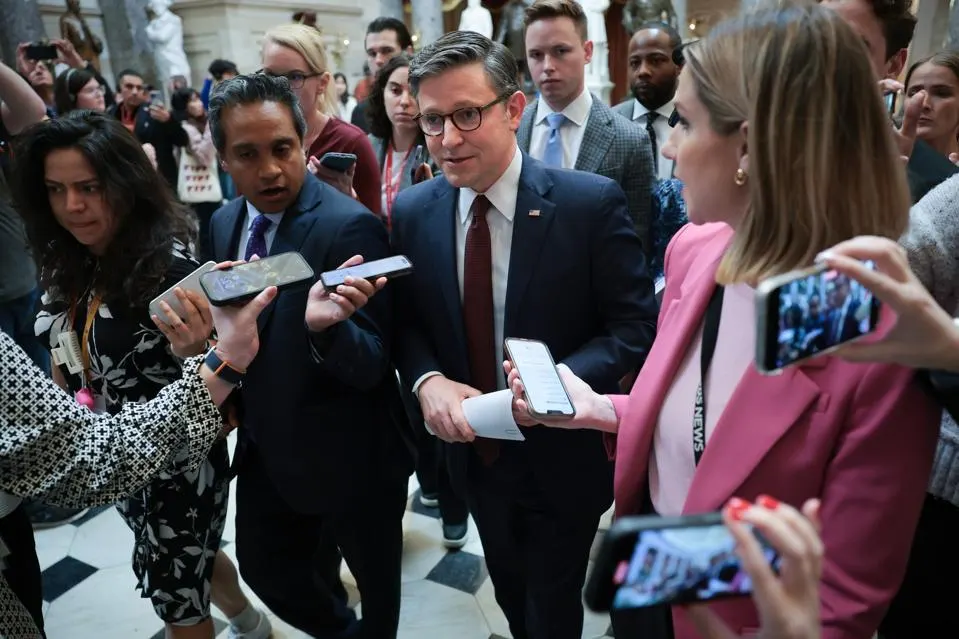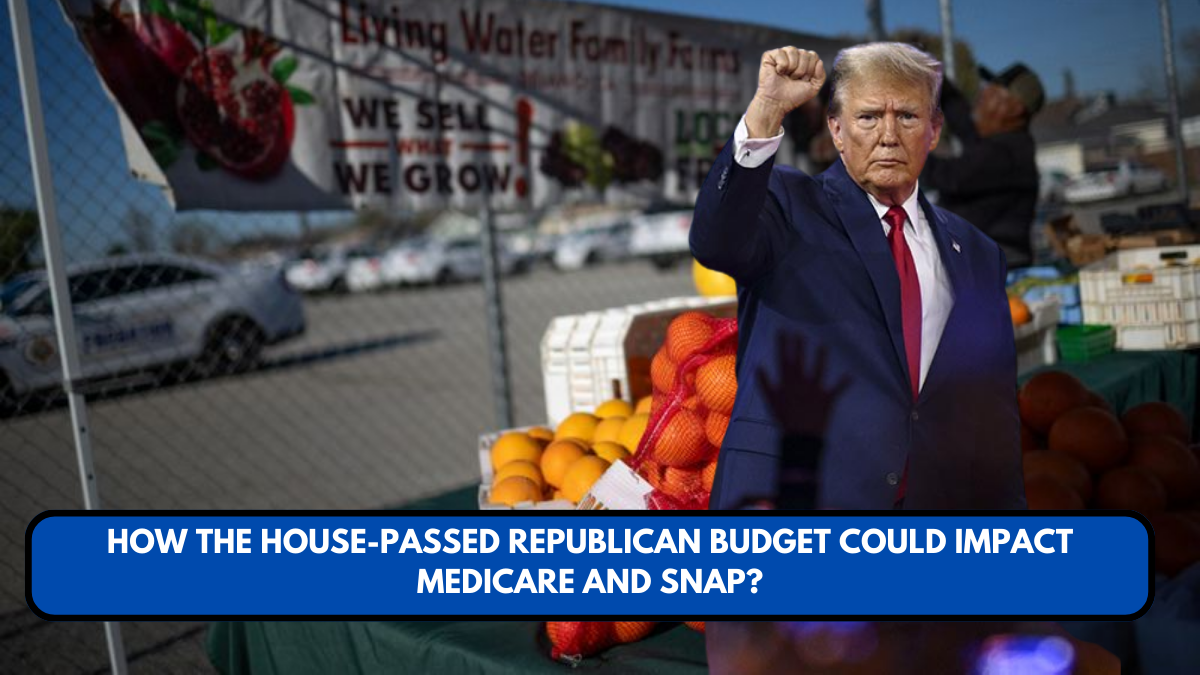The U.S. House of Representatives passed a sweeping Republican budget framework on April 10, 2025, with far-reaching consequences for key federal safety-net programs, including Medicare and the Supplemental Nutrition Assistance Program (SNAP). The budget, backed by GOP leadership and aligned with former President Donald Trump’s economic agenda, proposes massive tax cuts while slashing funding for essential public assistance.
Major Overhaul for Medicare
At the heart of the budget plan is a major restructuring of Medicare, the federal health insurance program for seniors and certain disabled individuals. The proposal seeks to transition Medicare from a defined benefit system to what’s called a “premium support” model.
Under this change, starting with new beneficiaries in 2027, seniors would receive a fixed government subsidy or “voucher” to purchase either traditional Medicare or private health insurance. While proponents argue this would increase competition and lower costs, critics say the plan risks raising premiums for seniors and weakening traditional Medicare.
The budget also raises the eligibility age for Medicare from 65 to 67, a move projected to leave some older adults without affordable coverage during the two-year gap.
“This budget threatens the integrity of the Medicare program and puts millions of seniors at risk of higher out-of-pocket costs,” said the Center on Budget and Policy Priorities in a recent analysis.
For official Medicare information, visit www.Medicare.gov.
Deep Cuts to SNAP Benefits

One of the most controversial elements of the budget is a proposed $137 billion cut to the Supplemental Nutrition Assistance Program (SNAP) over the next decade. SNAP currently provides food assistance to more than 40 million low-income Americans each month.
The proposed cuts could be implemented in several ways, such as tightening eligibility rules, reducing benefit amounts, or imposing new work requirements. These changes would result in millions of households receiving less aid or being disqualified from the program altogether.
According to the U.S. Department of Agriculture (USDA), which administers SNAP, the program currently supports vulnerable populations including children, the elderly, and people with disabilities. A rollback in funding could increase food insecurity, especially in rural and underserved communities.
For more on SNAP benefits and eligibility, visit www.fns.usda.gov/snap.
Tax Cuts for the Wealthy, Cuts for the Vulnerable
The Republican budget outlines $4.5 trillion in tax breaks over the next 10 years, primarily benefitting wealthy individuals and corporations. The plan would make permanent the tax cuts enacted under the 2017 Tax Cuts and Jobs Act, many of which were set to expire.
To offset the loss in revenue, the GOP framework proposes deep cuts to federal programs including:
- Medicaid: The federal health program for low-income individuals faces major reductions through capped funding and block grants to states.
- Education: Cuts to Pell Grants and Title I funding for low-income schools.
- Disability and housing assistance: Programs under the Department of Housing and Urban Development (HUD) would see reduced funding.
Democrats argue the budget reflects a “Robin Hood in reverse” policy—giving to the rich by taking from the poor.
“This budget is not just a document of numbers—it’s a statement of priorities. And unfortunately, it prioritizes tax cuts for the wealthiest over the needs of everyday Americans,” said House Budget Committee Ranking Member Brendan Boyle (House Democrats Budget Committee).
Political and Legislative Outlook
While the budget passed the House narrowly, its future in the Senate remains uncertain. Senate Democrats have already voiced strong opposition to many of its provisions, particularly those affecting healthcare and food assistance. Some moderate Republicans may also balk at the drastic changes to Medicare and SNAP.
President Joe Biden has criticized the budget as “extreme” and signaled a likely veto if the final legislation reaches his desk in its current form.
However, Republican lawmakers argue the budget is necessary to address the national debt and curb government spending.
“This is about fiscal responsibility,” said House Speaker Mike Johnson. “We can’t continue to mortgage our children’s future to pay for bloated government programs.”
What’s Next?

The budget’s passage sets the stage for future negotiations and policy battles, especially as Congress approaches deadlines to pass appropriations bills and potentially raise the debt ceiling.
While the budget resolution itself is non-binding, it acts as a blueprint for Republican lawmakers to pursue legislation that mirrors its principles—particularly in upcoming fiscal packages.
If enacted, the proposed changes to Medicare and SNAP would reshape how millions of Americans access healthcare and nutrition assistance.
How to Stay Informed
To follow updates or learn more about how these proposed changes may affect you:
- Medicare.gov
- SNAP – USDA Food and Nutrition Service
- House Budget Committee – Republicans
- House Budget Committee – Democrats

Outside of work, he enjoys playing chess, following cricket, and writing short stories. His commitment to integrity and in-depth analysis strengthens OTE News’ mission of providing trustworthy journalism.




